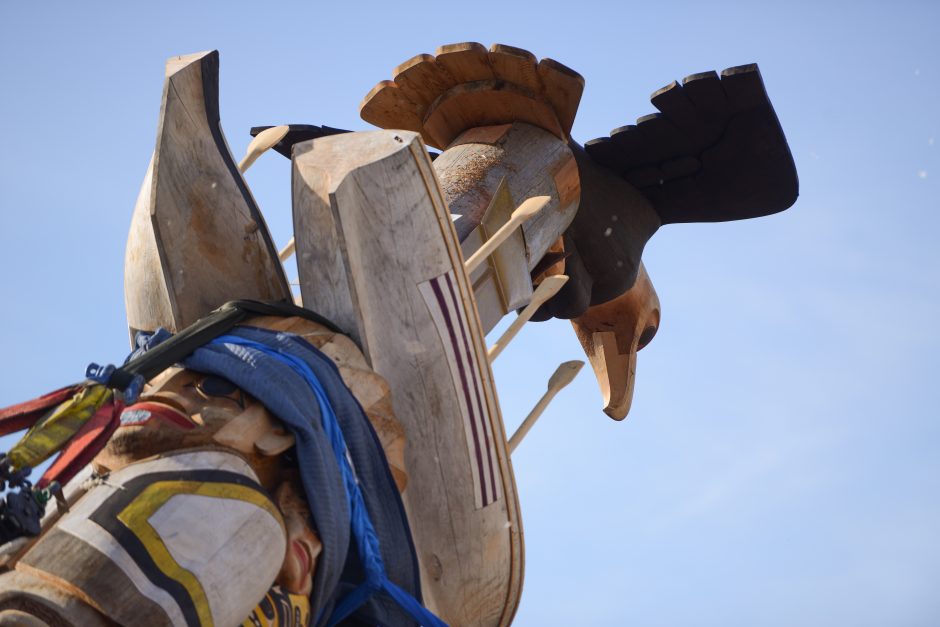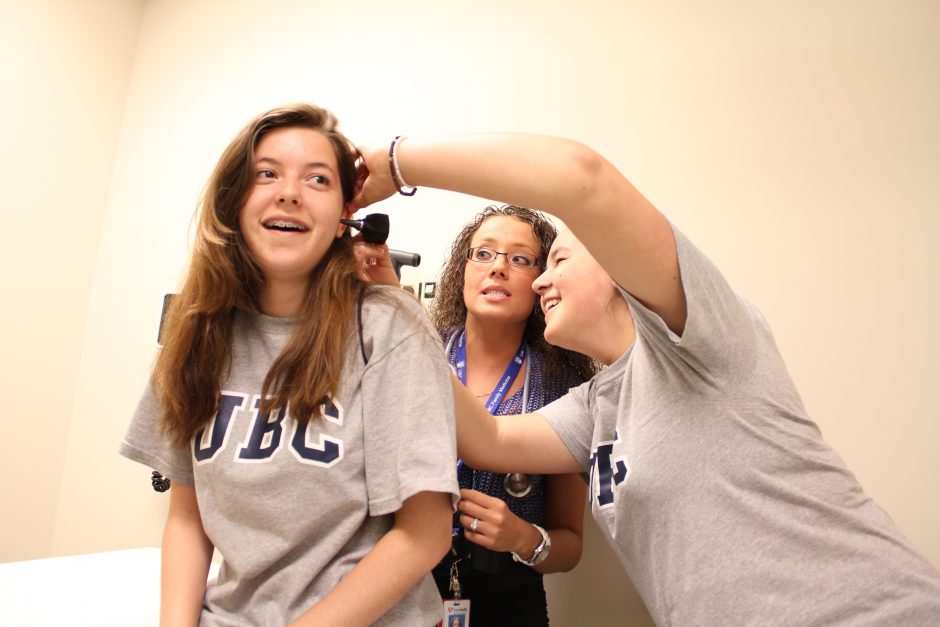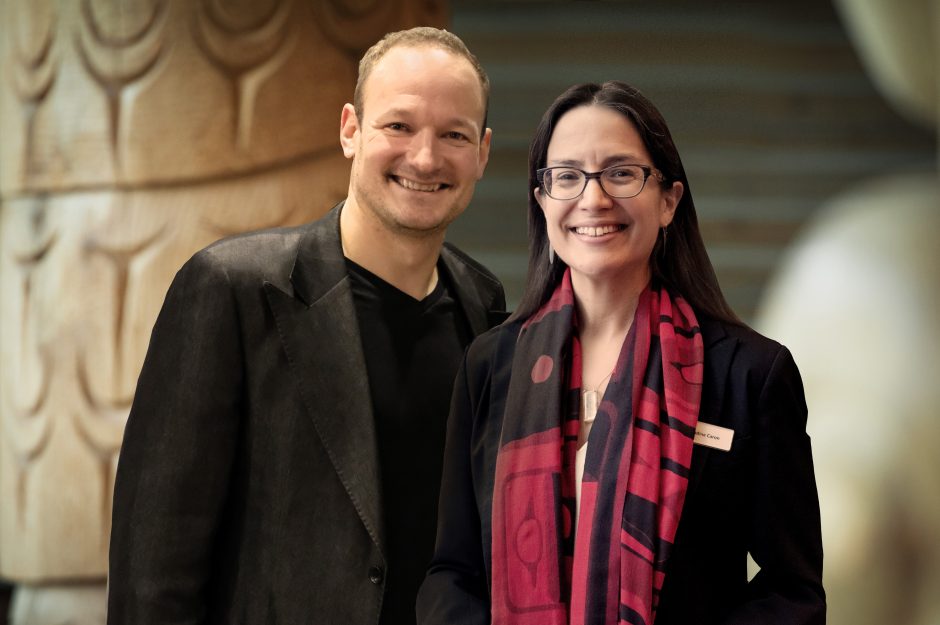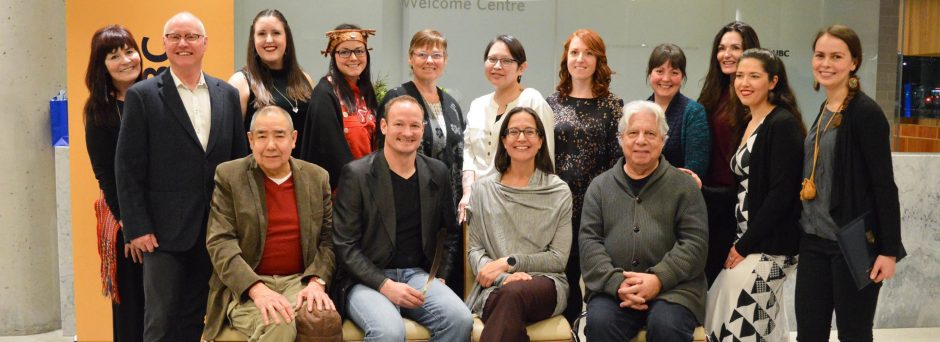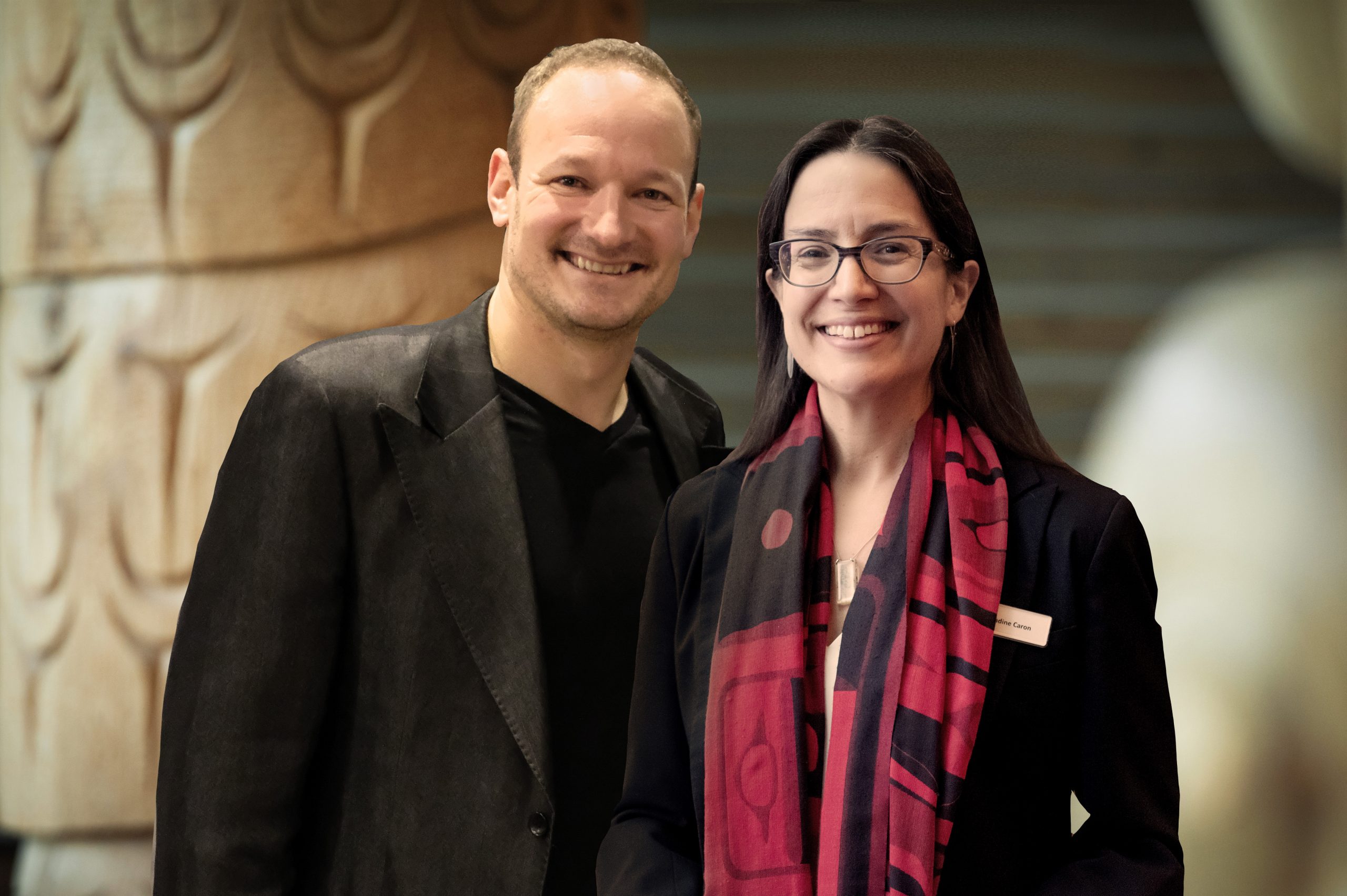
Centre for Excellence in Indigenous Health Staff Directory
Our Directors

Nadine Caron
MD, MPH, FRCSC – Associate Professor, Dept. of Surgery, Faculty of Medicine (NMP), Co-Director of Centre for Excellence in Indigenous Health
Dr Nadine Caron currently resides in Prince George, BC where she provides surgical oncology care for those that call rural and remote Canada home. Nadine is also an associate professor in the UBC Faculty of Medicine’s Department of Surgery where she teaches in the Northern Medical Program. During her surgical residency, Nadine completed a Master’s in Public Health from Harvard University and was awarded UBC’s Top Student Award. Nadine is also appointed as an Associate Faculty member of the Bloomberg School of Public Health, Johns Hopkins University where she teaches for the Center for American Indian Health.Nadine is Anishnawbe from Sagamok First Nation. Her work involves a variety of audiences and knowledge users including governments, provincial health authorities, national medical organizations, health research funding bodies, and several universities to achieve identified and overlapping objectives. In 2014, Dr Caron was appointed Co-Director of the UBC Centre for Excellence in Indigenous Health located at UBC’s School of Population and Public Health.
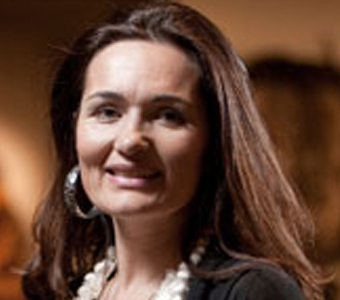
Patricia Spittal
Associate Director, Research
Dr. Patricia Spittal is an anthropologist whose work addresses HIV related vulnerabilities of marginalized communities living in both resource rich and poor countries. She is the Principal Investigator of the Cedar Project, a CIHR-funded initiative to better understand the sexual and drug related vulnerabilities of Aboriginal youth who use drugs. She and her research team from Makerere University College of Health Sciences in Kampala, Uganda and Lacor Hospital, Gulu also received CIHR funding to establish a similar prospective cohort in Northern Uganda called the “Cango Lyec Project” (Healing the Elephant), addressing the HIV vulnerabilities of people affected by conflict in Northern Uganda. Dr. Spittal worked with a multi-disciplinary team leading to the successful development of the new Centre for Excellence in Indigenous Health. As Head, she is committed to building the Health in Populations Division at the School of Population and Public Health, and furthering Aboriginal health initiatives at UBC. She is also dedicated to her work in Northern Uganda. She was instrumental in the recent signing of a MOU between the Makerere University College of Health Sciences in Uganda and UBC’s Faculty of Medicine, and currently has two PhD students being mentored by faculty at Makerere.
Email: spittal@sm.hivnet.ubc.ca | Phone: (604) 806-8779
Our Staff
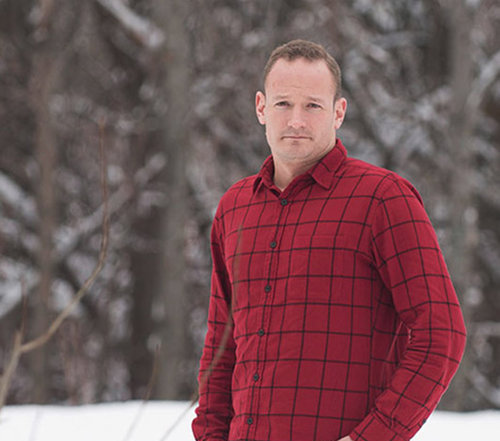
Drew St. Laurent
BA, B.Ed, M.Ed – Director of Operations
Drew St. Laurent, BA, B.Ed, M.Ed is of Métis (Cree) and German ancestry, born in Winnipeg, Manitoba. Drew grew up in the community of Powell River, British Columbia on (Tla’amin) Coast Salish territory.
Drew holds a Bachelor of Arts (Human Geography) from Thompson Rivers University, as well as a Bachelor of Education (Secondary) and Master of Education (Higher Education) from the University of British Columbia. During his graduate studies, he focused on Aboriginal access to post-secondary education within Canada. Drew has been a primary leader in the area of Aboriginal post-secondary access to education and presented his work to a variety of audiences including post-secondary institutions, provincial and federal governments and health authorities. He has worked as an administrator within Health Sciences at UBC since 2012.
Drew is an active member of the Canadian Association of College and University Student Services (CACUSS) and sits on both the Aboriginal Recruitment and Retention Committee, and the Aboriginal Mental Health and Wellness Committee at the University of British Columbia. He is passionate about advancing Indigenous people’s access to healthcare through education and promoting Indigenous leadership of all aspects related to healthcare.
Email: drew.stlaurent@ubc.ca Phone: (604) 822-5586 | Preferred Pronouns: he/him/his
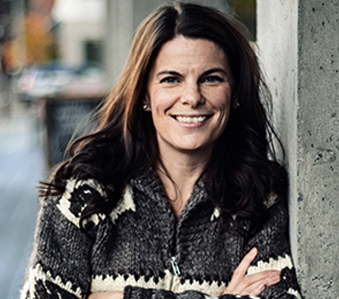
Shannon Waters
Associate Faculty
Shannon Waters is Coast Salish and a member of the Stz’uminus First Nation on Vancouver Island. After completing medical school at UBC, Dr. Waters went on to train at the Indigenous site of UBC’s family medicine residency program, followed by an additional residency in public health and preventative medicine.
Today, Dr. Waters is committed to improving First Nations health as a Clinical Assistant Professor at UBC’s School of Population and Public Health, as well as the Aboriginal Medical Director for the Vancouver Island Health Authority and the Acting Aboriginal Physician Advisor at the Office of the Provincial Health Officer.

Melanie Rivers
Curriculum Development Manager
Melanie (Tiyaltelwet), is proudly from the Squamish Nation. She has 22 years of experience in designing and delivering culturally appropriate Indigenous health education and policy at the provincial level and holds a Masters in Public Health from the University of British Columbia. Melanie was Program Lead and Educator at the BC Centre for Disease Control’s Chee Mamuk program and worked as a Senior Advisor at the First Nations Health Authority. Her areas of focus have included cultural safety and humility, harm reduction, traditional healing and wellness, strategic policy development, HIV/AIDS and health human resources. When she is not at UBC, Melanie is also a mixed media artist, instructor, and Expressive Arts Therapist facilitating art and creativity sessions that include painting, collage, movement, and poetry for individuals, teams and communities.
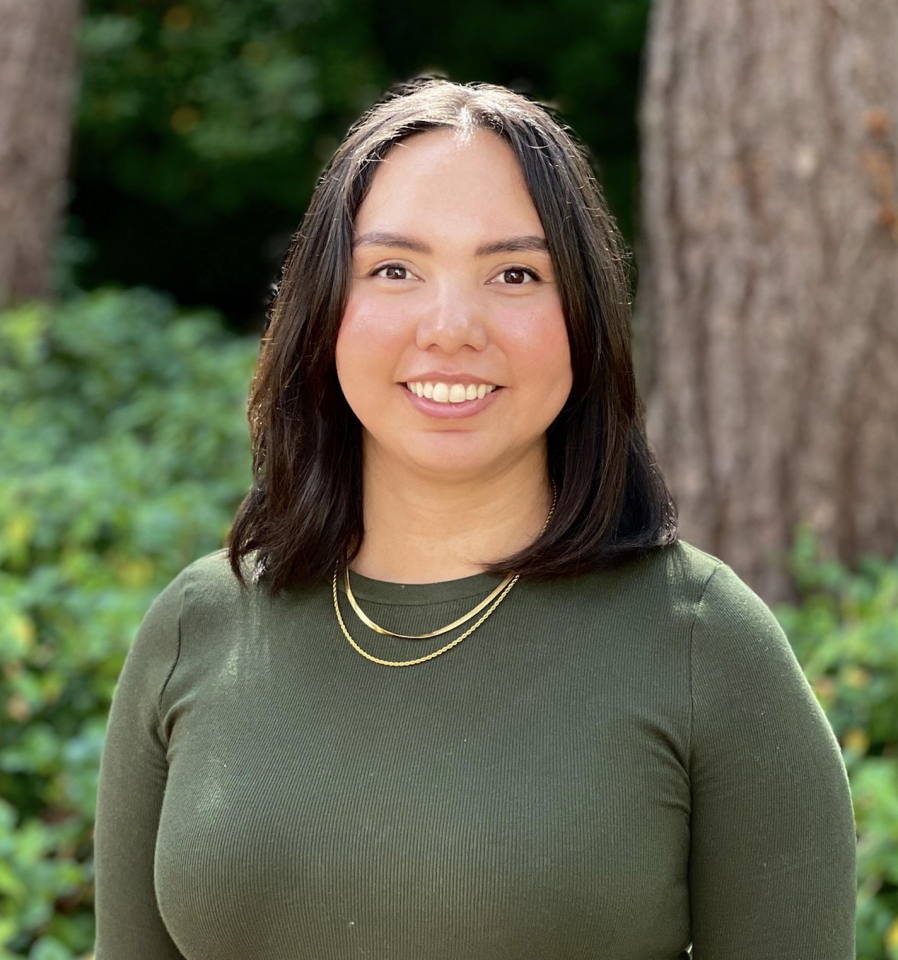
Sarain Squakin
Learning Circle Manager
Sarain is a Syilx Okanagan, Jicarilla Apache and Belgian. She grew up in Snpintktn also known as Penticton in the Syilx Okanagan Nation. She currently resides on the unceded territories of the Musqueam, Squamish and Tsleil-Waututh nations, also known as Vancouver. She’s been here since she graduated from UBC Okanagan in 2018. Sarain holds a Bachelors of Business Management from UBC Okanagan. Sarain has worked in Indigenous health for three and a half years. She is passionate in Indigenous health and wellness. Sarain recently took the role as the new Learning Circle manager at UBC Centre of Excellence in Indigenous Health. She looks forward to facilitating conversations on Indigenous health and wellness.
Email: sarain.squakin@ubc.ca | Preferred pronouns: she/her/hers
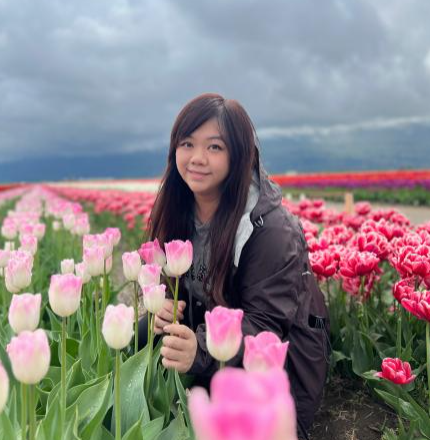
Cynthia Lung
Communications & Marketing; UBCLC Production Coordinator
Cynthia completed her B.Sc. in Combined Major in Science at the University of British Columbia. Cynthia has worked Digital Emergency medicine in the past and now expanding her field in health communication through her new placement at the Centre for Excellence in Indigenous Health. Cynthia hopes to inform her community and promote a healthy nation through empowering people with her production and social communication skills. Cynthia has recently completed studies in Biomedical Visualization and Communication and has an interest in how arts can help better communicate different health issues to empower community.
Email: cynthia.lung@ubc.ca | Preferred pronouns: she/her/hers
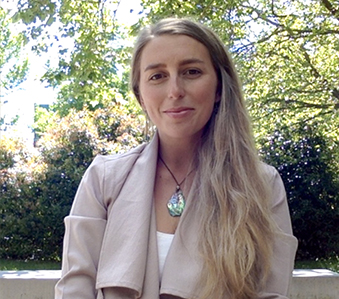
Courtney Smith
UBC 23 24 Co-Associate Director
Courtney Smith is a Scottish highlander from the McLeod clan on her paternal side and is of German ancestry on her mother’s. She was raised on the Sunshine Coast of British Columbia on shíshálh swiya* and has strong ties to the shíshálh community and lands.
Courtney lead the UBC 23 24 Program as the Curriculum Manager for the past four years, focussing on ensuring diverse Indigenous community perspectives were embedded in the curriculum, facilitation approaches and overall program delivery. In addition, a central component of her work has been laying the foundation to expand UBC 23 24 to health sciences faculty, staff and additional student groups.
As one of the UBC 23 24 Co-Associate Directors, Courtney will work to continue ensuring the maintenance, sustainability and growth of UBC 23 24 in the effort to support learners active engagement and practice of Indigenous Cultural Safety (ICS) principles and approaches. A core part of her role is building relationships with diverse Indigenous communities, health authorities, post-secondary institutions, and municipal, provincial and federal governments who are responsible for reconciliation-based, and Indigenous health initiatives. As a second-generation Canadian settler, Courtney is committed to improving relations between Indigenous and non-Indigenous peoples in Canada that are based on respect, reciprocity and healing.
*swiya: ‘swiya’ is she shashishalhem (shíshálh language) word for ‘world’. The word ‘territory’ does not exist in she shashishalhem, thus elders, knowledge keeps and government request that the word ‘swiya’ is used instead.
Email: c.smith@ubc.ca | Preferred pronouns: she/her/hers
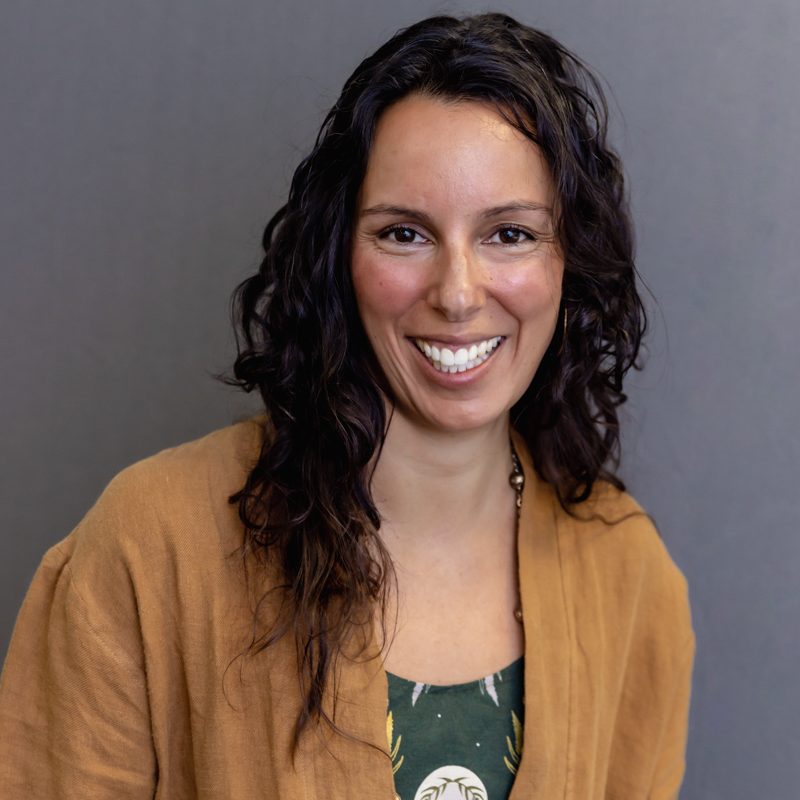
Bree Beveridge
UBC 23 24 Co-Associate Director
Tansi. Bree Beveridge nitisiyihkâson. Niya Nehiyaw iskwew.
Bree is of Cree, Swedish, and British ancestry born just outside of Saskatoon.
Bree brings a decade of experience supporting institutions with decolonial practices. She works with organizations to actively embed Indigenous voices and perspectives in decision-making, providing crucial guidance into strategic planning, developing, and delivering services. She is honoured to have worked with First Nations and Indigenous groups across what is now known as Canada to develop wellness solutions grounded in community-specific strengths that reflect their unique needs and worldviews.
Her background is in Indigenous engagement and facilitating the inclusion of Indigenous voices and Indigenous ways of knowing, being, and doing into the health care system. She is passionate in her drive to redistribute power and elevate diverse and often under-heard voices and ensure active participation and decision-making within organizations. Her approach centres around bringing together diverse partners to identify innovative and culturally appropriate solutions to support system-wide transformation.
She is grateful to now live and work from the unceded territory of the Squamish Nation. She is also grateful to the many Elders, youth, community members, and mentors that have shared their wisdom with her, guide her approach, and support her to do this work in a good way.
Email: bree.beveridge@ubc.ca | Preferred pronouns: she/her/hers
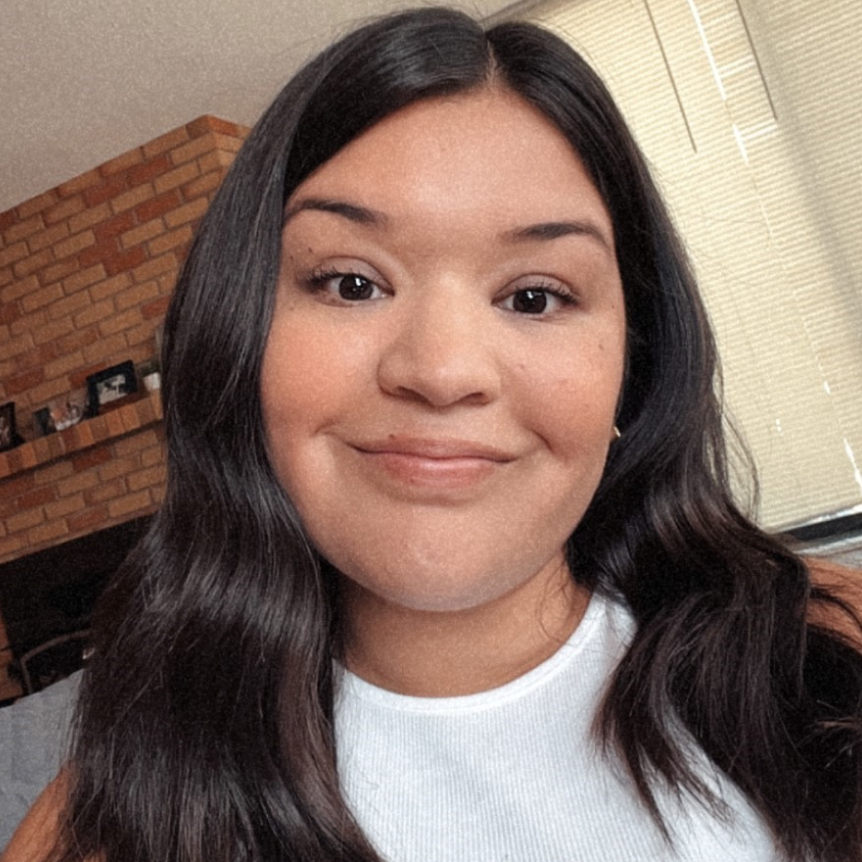
Salina Schmidt
UBC 23 24 Curriculum Manager
Salina Schmidt is a proud member of the shíshálh Nation, she resides within her home community on the Sunshine Coast of British Columbia within the traditional and unceded lands (*swiya) of the shíshálh people.
Salina is incredibly passionate about supporting Indigenous communities through community and consultation-based work. She has had the privileged of collaborating with Indigenous leaders, organizations, and community members to develop and implement programs and initiatives that address their specific needs and goals.
Salina is constantly seeking to expand her knowledge and understanding of challenges faced by indigenous communities. She is actively involved in advocating for policy changes and supporting initiatives that promote equitable opportunities to indigenous peoples. She is grateful for the opportunity to contribute to the betterment of Indigenous communities and is excited to continue this important work with passion and dedication.
*swiya: ‘swiya’ is she shashishalhem (shíshálh language) word for ‘world’. The word ‘territory’ does not exist in she shashishalhem, thus elders, knowledge keeps and government request that the word ‘swiya’ is used instead.
Email: salina.schmidt@ubc.ca | Preferred pronouns: she/her/hers
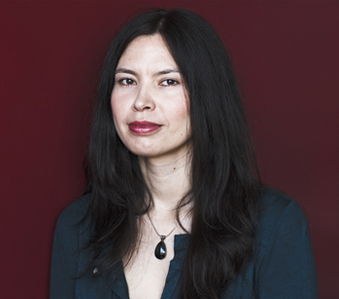
Tiffany Moses
UBC 23 24 Curriculum and Facilitation Coordinator
Tiffany Moses is an artist and facilitator from Denendeh (Northwest Territories), and a member of Pehdzeh Ki First Nation. After completing a Contemporary Music and Technology diploma at Selkirk College and an Audio Engineering diploma at Pacific Audio Visual Institute, she has spent the last decade collaborating with numerous organizations and Indigenous communities through music and film production programs. Passionate about initiatives focused on expression and understanding, Tiffany is dedicated to working in ways that explore connection, growth, and healing. She strives to address inequities with respectful engagement and a heart-centered approach. Tiffany currently resides on the unceded territories of the Musqueam, Squamish and Tsleil-Waututh nations. When not working she can be found outside appreciating the natural world, walking, singing and swimming.
Email: tiffany.moses@ubc.ca | Preferred pronouns: she/her/hers
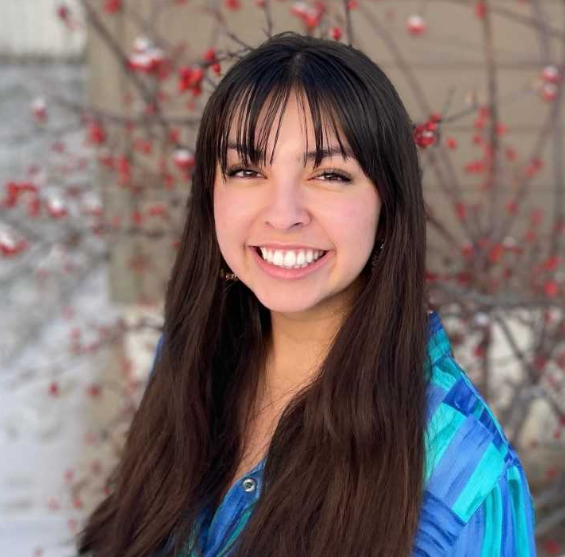
Erika Padley
UBC 23 24 Operations Coordinator
Erika is of Sioux, Dakota Plain ancestry on her mother’s side and Blackfoot ancestry on her father’s side. She grew up and attended school in the Métis Nation (Region 3) and Treaty 7 territory of Southern Alberta, and holds a Bachelor of Arts in Economics with a certificate in Sustainability Studies from the University of Calgary. As an adoptee into a Japanese-Irish family, Erika works to connect back to her Indigenous culture. Her previous work with children, families and Indigenous community programs inspires her passion for education, connection, healing and reciprocity. She looks forward to supporting UBC 23 24 in supporting students and faculty in learning about Indigenous Cultural Safety in health care.
Email: erika.padley@ubc.ca | Preferred Pronouns: she/her/hers
Our WorkLearn Students
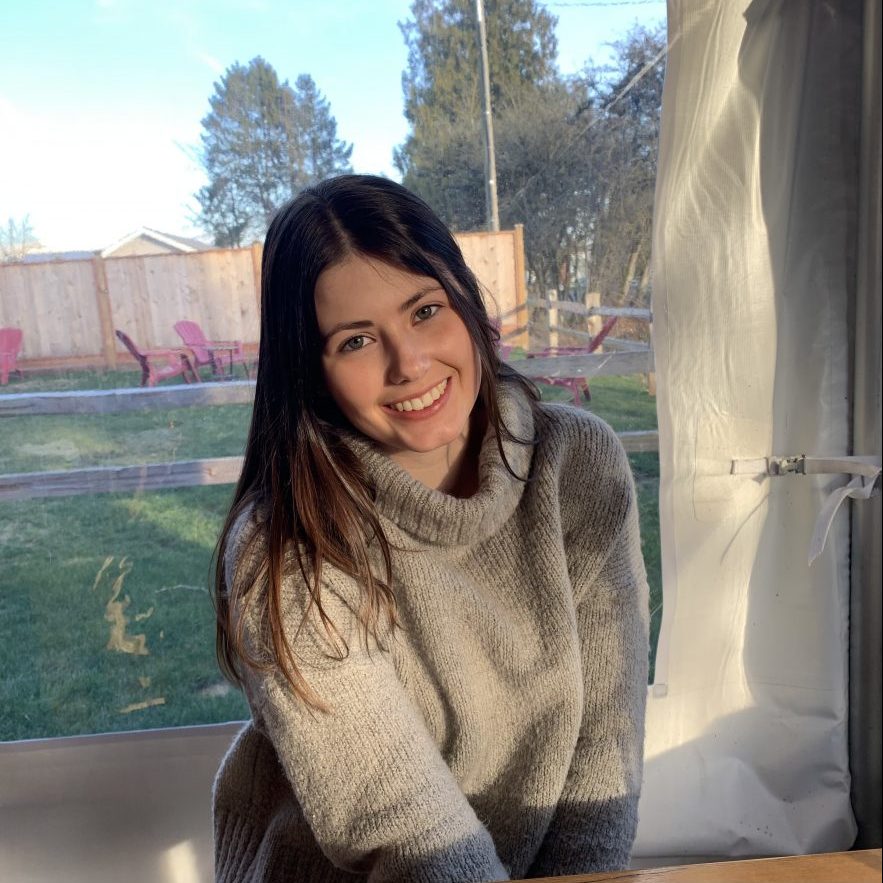
Teah Bryce
Summer Science Program Manager
Teah is Métis on her mother’s side and mixed European settler on her father’s side. Her Métis roots are from the St. Albert settlement and the Red River. She grew up on the lands of scəw̓ aθən məsteyəxʷ (Tsawwassen) people in Ladner, BC for most of her life. She is currently studying Genetics and Immunology in the Faculty of Science at UBC, and will be graduating in 2024. As the Program Manager for Summer Science, she is looking forward to helping make the transition from highschool to university a more positive experience for Indigenous students. She believes that the Summer Science Program will provide a welcoming space for Indigenous students to learn about science, have fun, and build connections with other students who share similar interests. She is passionate about increasing Indigenous representation in STEM and health-related fields and views Summer Science as an opportunity to achieve this goal.
Preferred Pronouns: she/her/hers
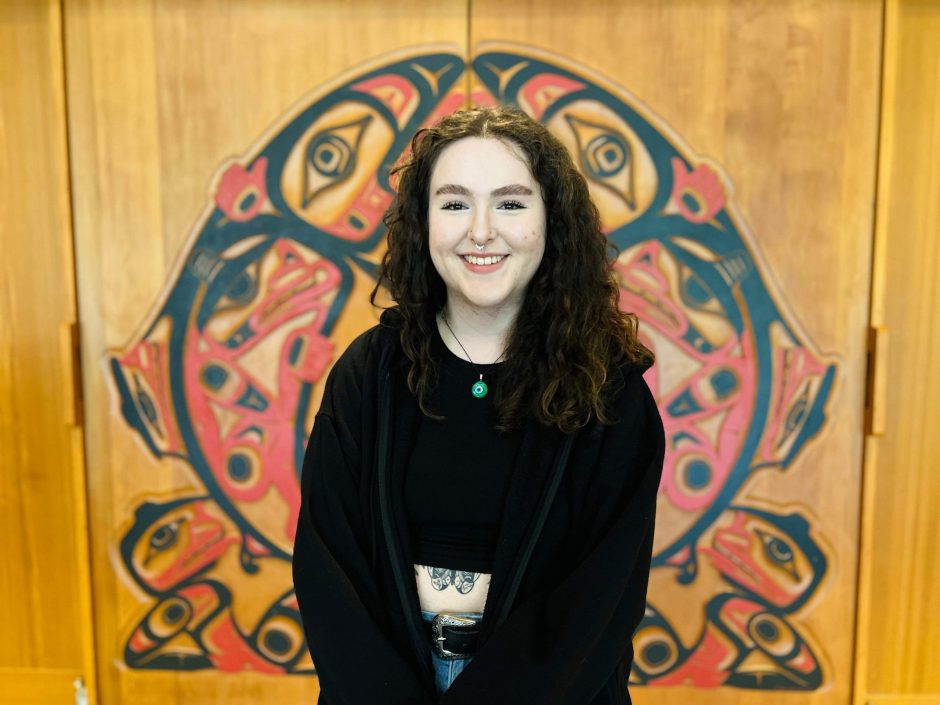
Breeya Matheson
Program Assistant, UBC 23 24
Breeya is Dehcho Dene from Jean Marie River First Nations in the Northwest Territories, but she was born and raised a bit further north in Yellowknife NWT. Breeya is currently an uninvited guest on the unceded land of the Musqueam, Squamish and Tsleil-Waututh peoples while she attends school at UBC. Breeya is in her third year in the Bachelors of Science program and she is currently majoring in Cell and Developmental Biology. In her future career, Breeya would like to be involved in bringing meaningful and much needed change to the healthcare system so it can be safe and accessible for all Indigenous people regardless of limitations. This overarching career goal led Breeya to join the UBC 23 24 team as a program assistant where she helps refine and facilitate Indigenous Cultural Safety (ICS) curriculum. Breeya believes that the implementation of ICS training for future health professionals is the first of many steps in the much needed process of indigenizing the healthcare system. She is so grateful to have the opportunity to help the UBC 23 24 team with the program, and she is beyond excited to see where this work takes her in the future.
Preferred Pronouns: she/her/hers
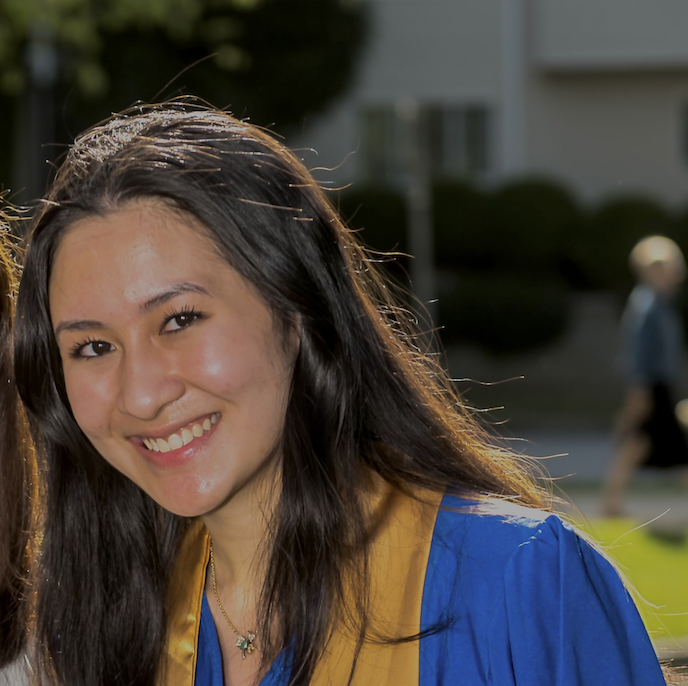
Chloe Thomas
Program Assistant, Indigenous Public Health
Chloe Thomas was born in Guangdong, China and adopted into family; her mother’s side is Anishinaabe from the Lake Superior Band of Ojibwe, and her father is from the Sioux Dakota community. She grew up primarily in Vancouver, British Columbia on unceded xʷməθkʷəy̓əm (Musqueam), Sḵwx̱wú7mesh (Squamish), and səlilwətaɬ (Tsleil-Waututh) territory. Chloe is currently an undergraduate student in science in second year at UBC and hopes to major in Microbiology and Immunology. She is invested in Indigenous health and hopes to pursue a career in the health care field, focusing on Indigenous healthcare and wellbeing.
Preferred Pronouns: she/her/hers
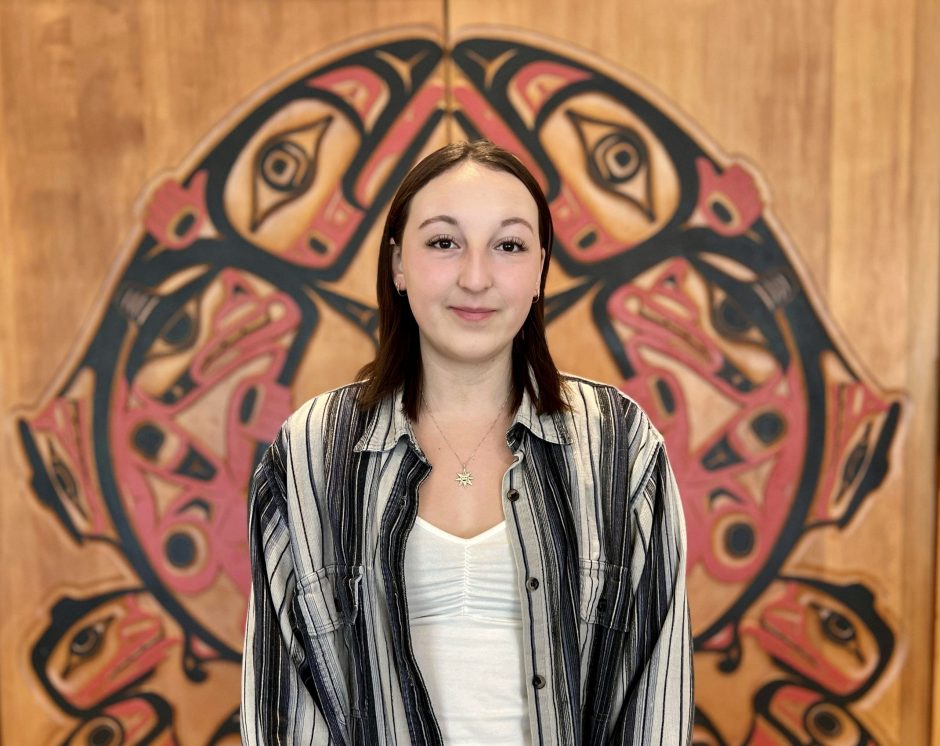
Keira Lumley
Program Assistant, UBC Learning Circle
Keira is of Plains Cree ancestry on her mother’s side from Sucker Creek First Nation on Treaty 8 territory in Northern Alberta. She was born and raised on Treaty 6 territory known as Edmonton, Alberta and now resides on the unceded xʷməθkʷəy̓əm (Musqueam), Sḵwx̱wú7mesh (Squamish), and səlilwətaɬ (Tsleil-Waututh) territory in Vancouver, British Columbia while completing her undergraduate degree at the University of British Columbia. Presently, Keira is a Bachelor of Science student majoring in Integrated Sciences and plans to minor in Health and Society. Within her major, she is integrating Neuroscience and Pharmacology and then bringing forth her interests in Indigenous health and equity in the public healthcare system through her minor. In the future, she hopes to have a potential career in addiction counselling, anesthesiology, pharmacology, sexual health, or midwifery. Keira is very interested in how all these fields intersect within Western Biomedicine and can improve through Indigenous-led initiatives or traditional ways of healing. She is very excited to be a part of the Centre for Excellence in Indigenous Health team, specifically within the Learning Circle, and she is looking forward to contributing to the efforts and learning more about Indigenous Health.
Preferred Pronouns: she/her/hers
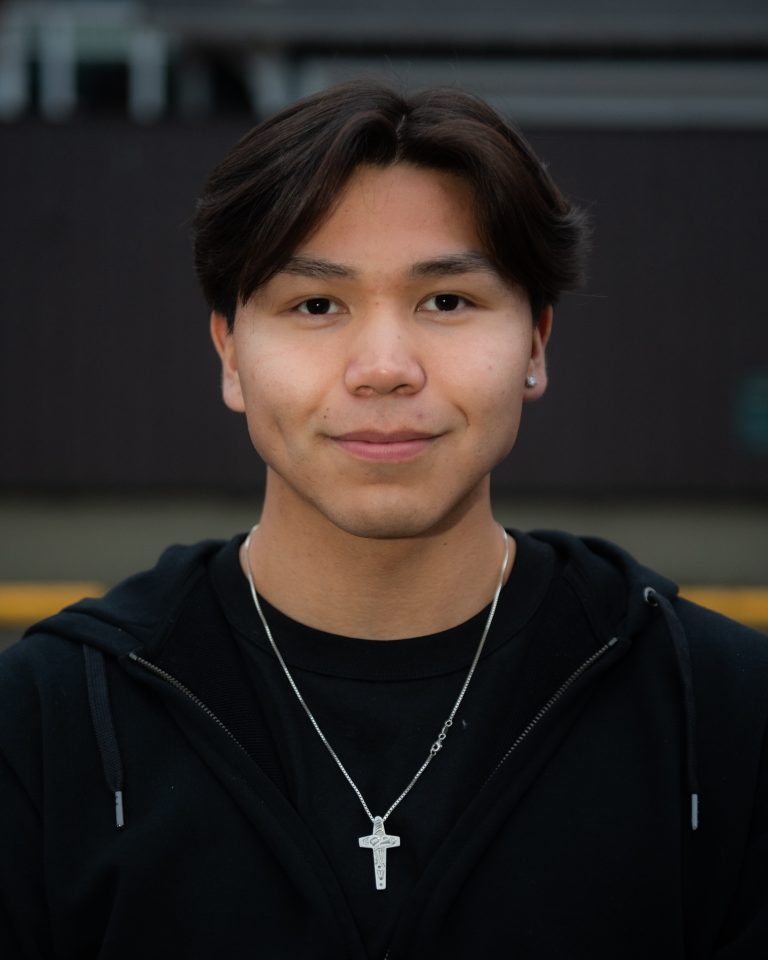
Toryn Daniels
Program Assistant, CEIH Communications
Toryn is from the Gitxsan Nation and a member of the Gitanmaax band around Hazelton, BC.
He grew up on the reserve of Gitanmaax which allowed him to practice and learn his culture
from family and elders. He is currently pursuing an undergrad at the University of British
Columbia in the School of Kinesiology on the unceded territories of the xʷməθkʷəy̓əm
(Musqueam), Sḵwx̱wú7mesh (Squamish), and səlilwətaɬ (Tsleil-Waututh) Nations. Taking
on the position of the program assistant for the Summer Sciences Program, he is looking
forward to getting the opportunity to promote sciences and post-secondary education to inspire
Indigenous youth in furthering their education.
Preferred Pronouns: he/him/his
Don’t Forget to keep in touch with us via our CEIH Newsletter!
Take a moment to sign up for our CEIH newsletter to to get the latest update in our programming offerings, events, news and more!
